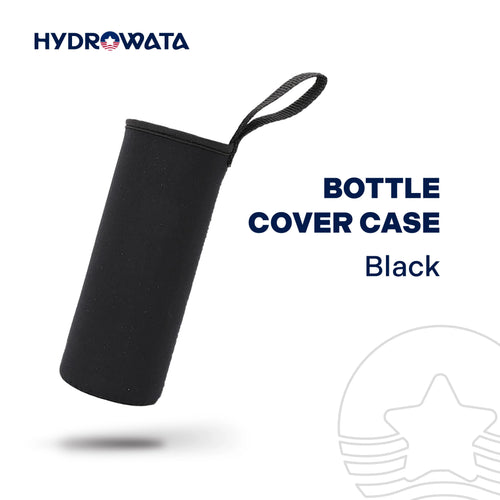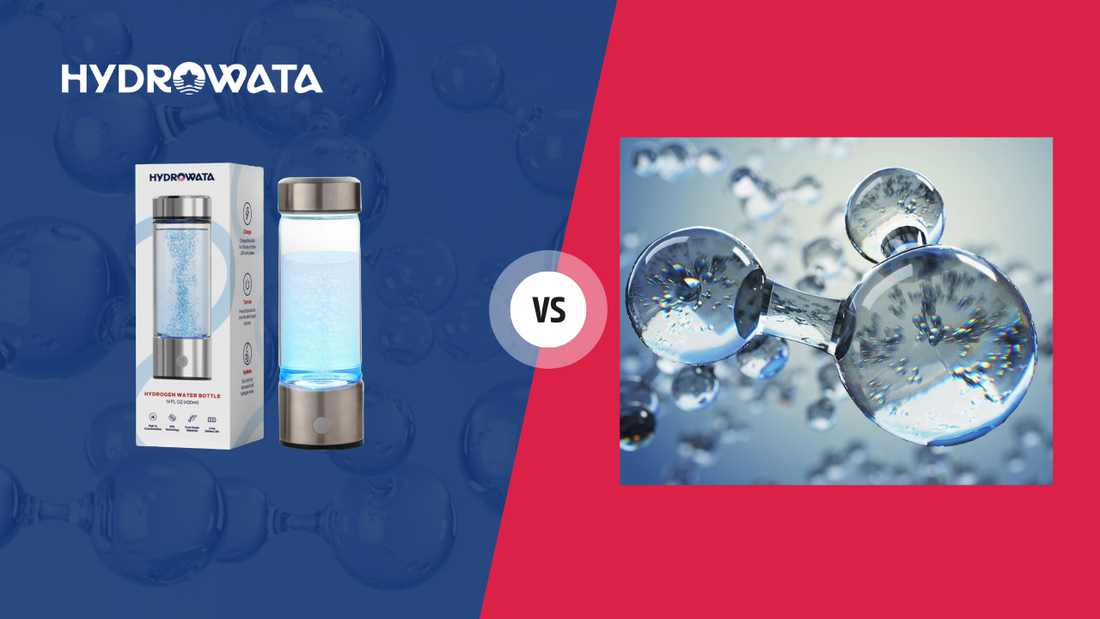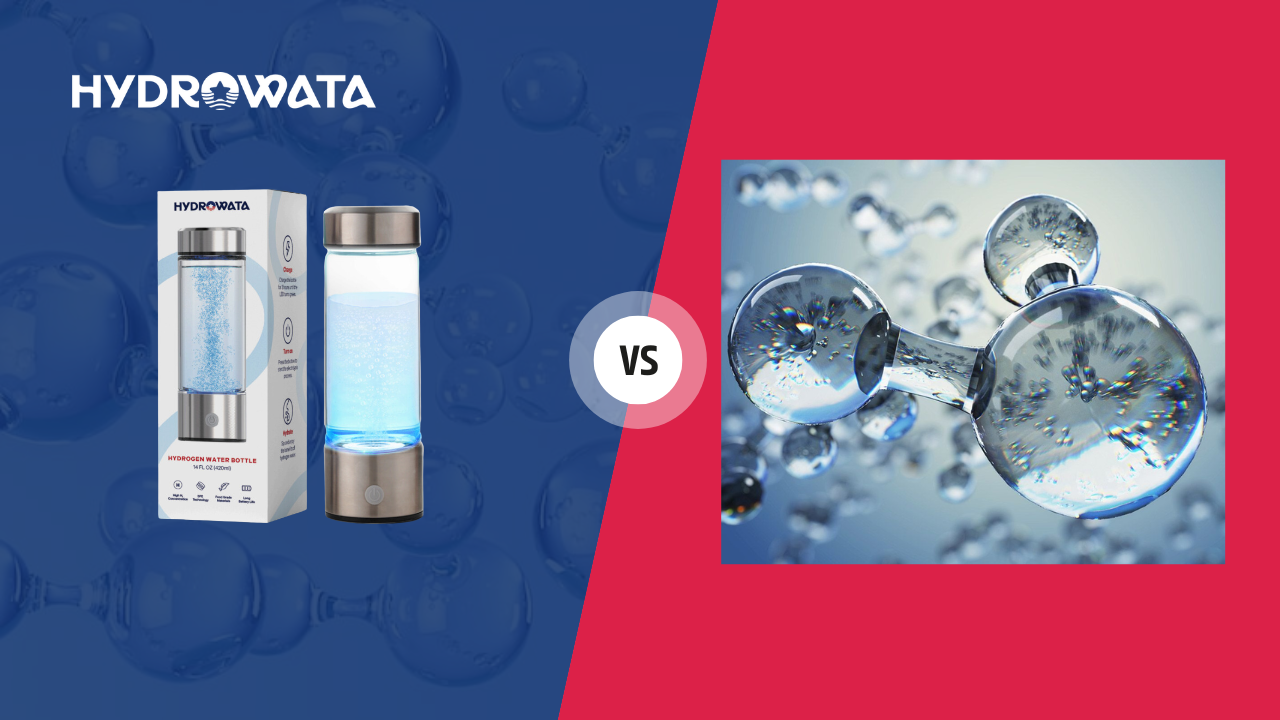Water is essential for life, but not all water is the same. In recent years, various forms of "enhanced" water have gained popularity, with structured water and hydrogen water being two of the most talked-about types. Advocates claim these waters provide superior hydration, improved energy, and various health benefits. But what exactly are they, and how do they compare? This article explores the science, benefits, and key differences between structured water and hydrogen water.
What is Structured Water?

Definition and Concept
Structured water, also called hexagonal water or EZ (exclusion zone) water, refers to water molecules that are believed to form a more organized structure than regular water. This concept was popularized by Dr. Gerald Pollack, who theorized that structured water exists naturally inside our cells and plays a crucial role in biological functions.
Theories and Potential Benefits
Supporters claim that structured water:
-
Enhances hydration at a cellular level
-
Improves energy and vitality
-
Supports detoxification
-
Mimics water found in natural springs
Scientific Validity
While structured water is an intriguing concept, scientific evidence supporting its unique properties remains limited. Most studies on structured water are theoretical, and mainstream scientists argue that water's molecular structure constantly shifts, making long-term structuring unlikely.
What is Hydrogen Water?

Definition and Composition
Hydrogen water is simply water infused with molecular hydrogen (H₂), a powerful antioxidant. Unlike structured water, hydrogen water has a clearly defined composition—extra hydrogen molecules that dissolve in water and may have beneficial biological effects.
Mechanism and Health Benefits
Scientific research suggests hydrogen water may offer:
-
Antioxidant effects, reducing oxidative stress
-
Anti-inflammatory properties
-
Improved athletic performance and recovery
-
Enhanced cognitive function
Scientific Research and Credibility
Numerous peer-reviewed studies have examined hydrogen water, with some demonstrating promising health benefits. Unlike structured water, hydrogen water has stronger scientific backing, particularly in its role as an antioxidant.
Key Differences Between Structured Water and Hydrogen Water
| Feature | Structured Water | Hydrogen Water |
|---|---|---|
| Composition | Claimed to have a specific molecular arrangement | Infused with molecular hydrogen (H₂) |
| Scientific Evidence | Limited and controversial | Supported by various studies |
| Health Benefits | Theoretical, based on cellular hydration | Proven antioxidant and anti-inflammatory properties |
| Methods of Production | Special devices, vortexing, or natural sources | Hydrogen-generating tablets, machines, or bottles |
| Cost | Can be expensive, depending on the device | Varies, but affordable options exist |
Which One is Better?

Scientific Perspective
From a research standpoint, hydrogen water is backed by more scientific studies, while structured water remains a theoretical concept with limited empirical support. If you're looking for a water type with documented health benefits, hydrogen water is the more reliable choice.
Practical Considerations
-
For general wellness and hydration: Both options may provide benefits, though structured water lacks strong scientific validation.
-
For oxidative stress and inflammation: Hydrogen water has clear advantages due to its antioxidant properties.
-
For cost and accessibility: Hydrogen water is easier to produce and more widely available.
Conclusion
While both structured water and hydrogen water have their proponents, hydrogen water stands out for its scientifically supported health benefits. Structured water remains an interesting but largely unverified concept. For those looking to optimize their hydration with proven benefits, hydrogen water may be the better investment.






